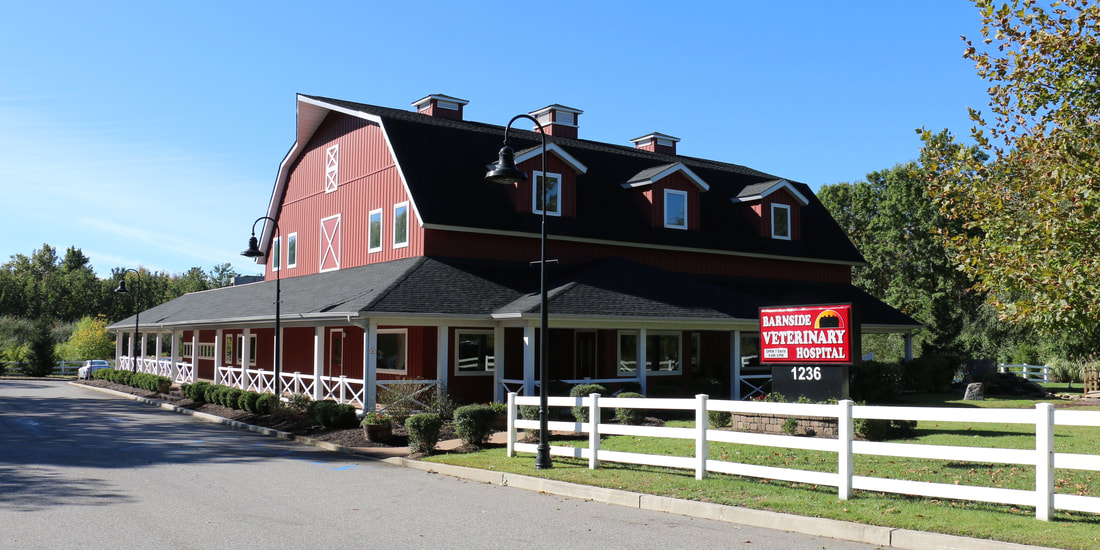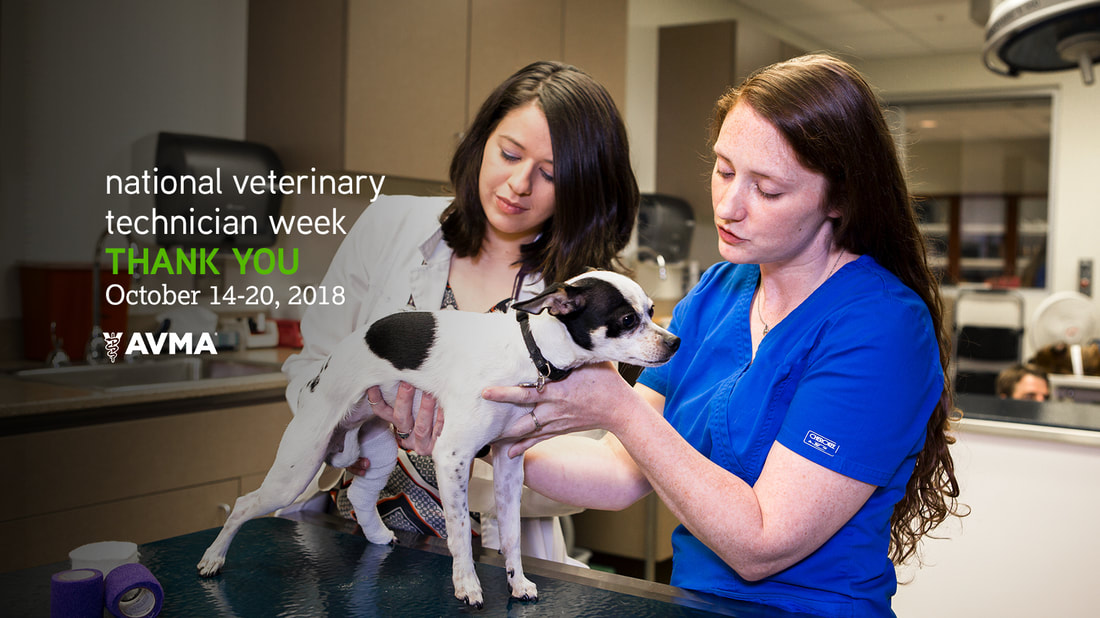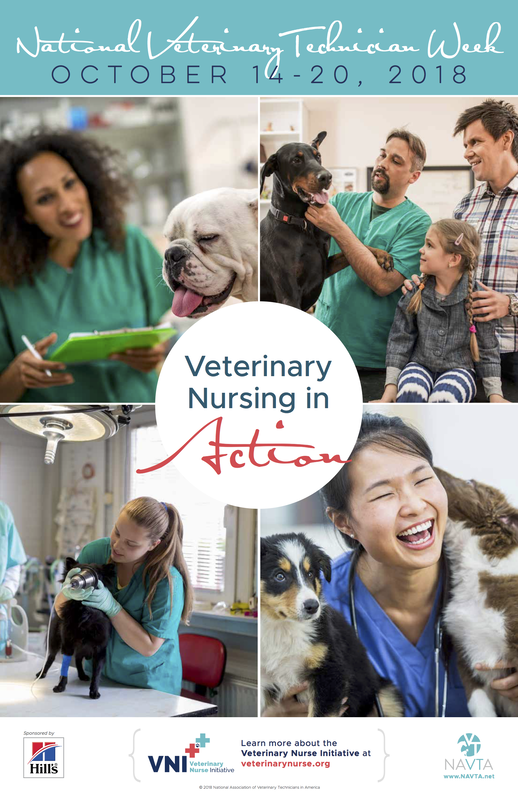| Dr. Sharin was available to talk with Jersey Strong clients exercising at the Wall Township location. With the holidays coming, it's a great time for pets (and their owners) to lose a few extra pounds. Promoting good health for pets and their people is what veterinary medicine is all about! Dr. Sharin will be at the Jersey Strong in Neptune on Monday, November 26 from 8a-12noon. |
|
Whether you're in the city, suburbs or semi-rural areas, if you've seen wildlife, your dog is at risk for Leptospirosis. Recent outbreaks in New Jersey remind us about a pervasive, but often overlooked disease, lurking in New Jersey yards. Lepto--What?LEPTOSPIROSIS ("lept-oh-spear-oh-sis") WHAT HAPPENS Leptospirosis is a disease that can cause kidney and liver failure. It can infect both animals AND humans. It is caused by a spirochete (spy-row-keet) which is a type of bacteria. The bacteria is usually found in the urine of many animals such as mice, opossums, raccoons, rabbits, deer, horses, sheep, goats, cows and others. Unfortunately most dogs do lick puddles or stagnant, muddy water which may be contaminated with urine from other pets or wildlife. Even a "100% indoor dog" is at risk if you've had a mouse in your house. People can acquire Leptospirosis by contact with an infected pet's body fluids. People in professions where they are exposed to stagnant water or animal waste (farmers, sewer/drain pipe workers and those who work under porches/crawl-spaces) are at increased risk. People engaged in water-related recreation (canoeing, white-water kayaking, surfing, swimming) in high-risk bodies of water or locations (ponds, second & third-world vacation destinations) are also at increased risk. SIGNS AND SYMPTOMS The symptoms are many, and can be vague, mild, or severe. Fever, nausea, decreased appetite, increased thirst, jaundice, lethargy and sore joints are some symptoms in both animals and people. Leptospirosis can cause kidney and liver disease, bleeding due to clotting disorders, and even meningitis in humans. Leptospirosis can be fatal. DIAGNOSING Diagnosis can be challenging because there are several phases to the disease. If Leptospirosis is suspected, a high blood titre can provide good support for a diagnosis. But a second blood test, done 2-4 weeks later, with a titre 4 times higher than the first, is needed to make a firm diagnosis. TREATMENT Fortunately, common antibiotics: penicillin and doxycycline are very good at treating Leptospirosis. Most dogs are hospitalized on IV fluids and other supportive care. Treatment is complicated because the dogs need to be kept in an Isolation Ward and strict protocols must be followed to prevent infection of other patients or the veterinary team. And even once dogs are well enough to go home, until the course of treatment is complete, their urine can be infectious to family members. Some dogs however, are much sicker. If they develop acute kidney failure, then dialysis is recommended. Dialysis can be very expensive, and needs to be performed at a specialty center. But most dogs that require dialysis, and receive dialysis, survive. PREVENTION If your dog has received a DHLPP ("Distemper/Parvo") vaccine at Barnside Veterinary Hospital, then he has been vaccinated against Leptospirosis. The vaccine we use helps protect against 4 of the 5 Leptospirosis serovars that infect dogs (L.canicola, L.grippotyphosa, L.icterohaemorrhagiae, and L.pomona.) Many owners are erroneously advised to not vaccinate their dogs against Leptospirosis. The older vaccines, (from more than 10 years ago) only protected against 2 subtypes of Leptospirosis and were more likely to cause allergic reactions. The modern vaccines we administer have been microfiltered 5 times to remove excess protein, providing superior protection and safety. It is important that your dog is kept current on all her vaccinations. (Not sure if she is up-to-date? Call us, or log-in to your pet's records at Petly Pet Portal.) ---Meredith L. Weltner Sharin VMD
Freehold 4-H leader, Amelia Valente and the Rutger's Cooperative extension are always looking for volunteers to help develop tomorrow's leaders: http://monmouth.njaes.rutgers.edu/4h/
Celebrating Barnside Veterinary Hospital's awesome staff!!You Know You're A Vet Tech If . . .
Veterinarian Technician . . . What Does That Mean?"Certification"
Two to four years of rigorous academic and practical training. Passed certification exams and are licensed. “Responsibility” Patient Care and Treatment (Blood drawing, bandages, IV’s, injections, wound care, emergency triage and stabilization, anesthesia, dentistries, assisting in surgery, behavior, radiology, care of ICU and isolation patients) Exam room and outpatient diagnostic tests (Interpretation, quality control and trouble-shooting equipment) Pharmaceuticals and Medical Products (Inventory management, controlled drugs, product evaluation) “Education” Client education and assistance Training and development of the assistant staff Formal & informal continuing education and subspecialization
|
What's NewThis is where you will find all of the latest happenings at Barnside Veterinary Hospital. Check back often or subscribe to our RSS feed. Categories
All
Archives
March 2022
|







 RSS Feed
RSS Feed



